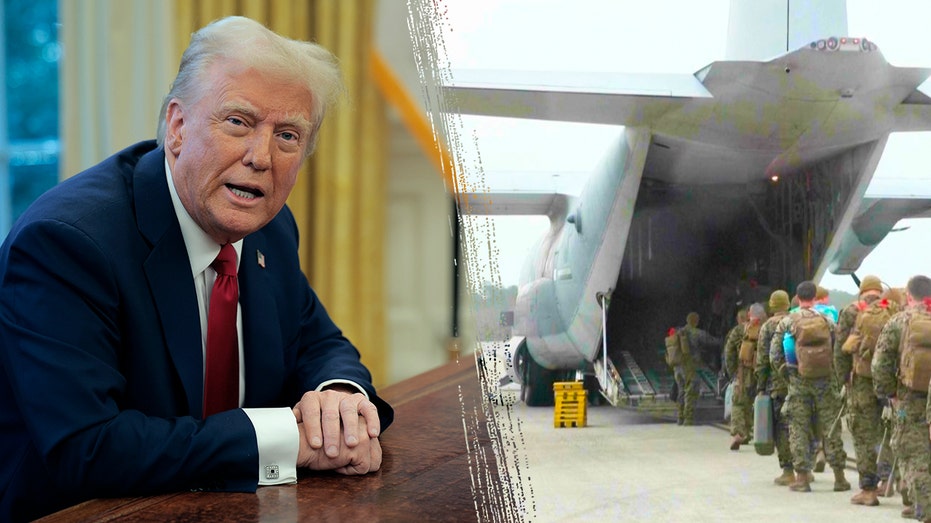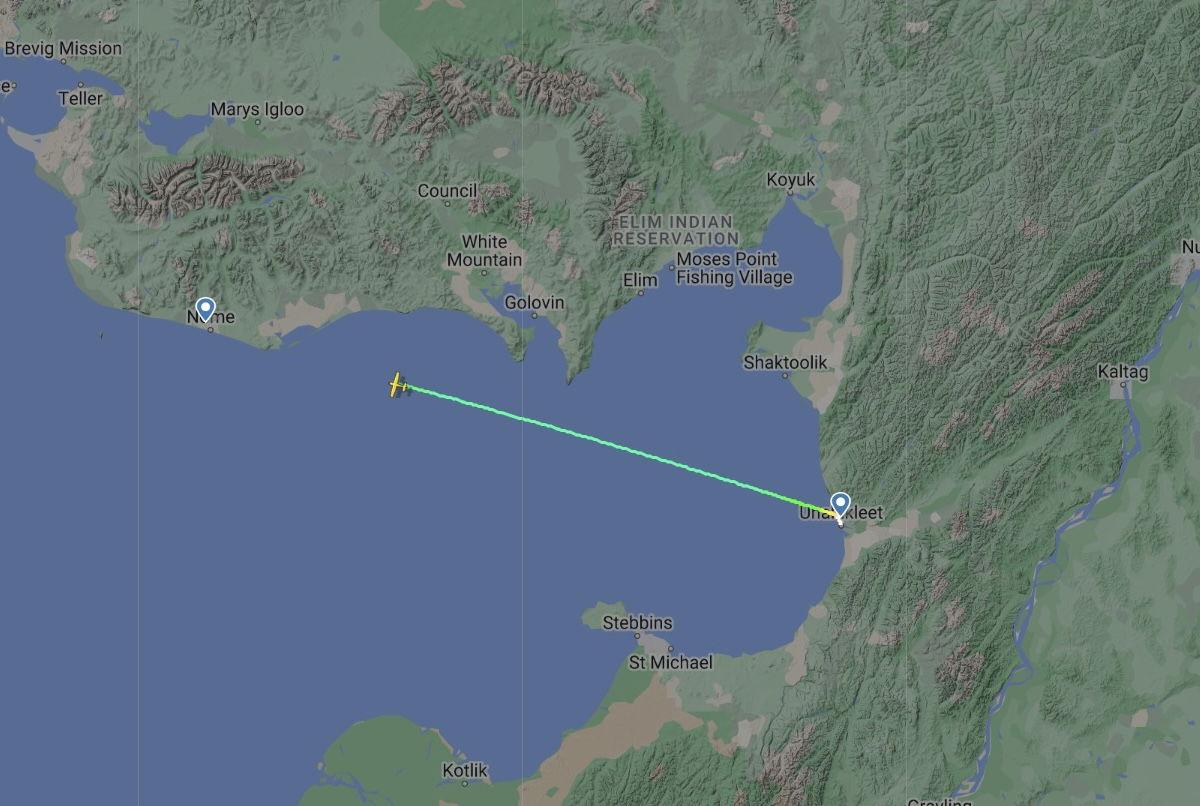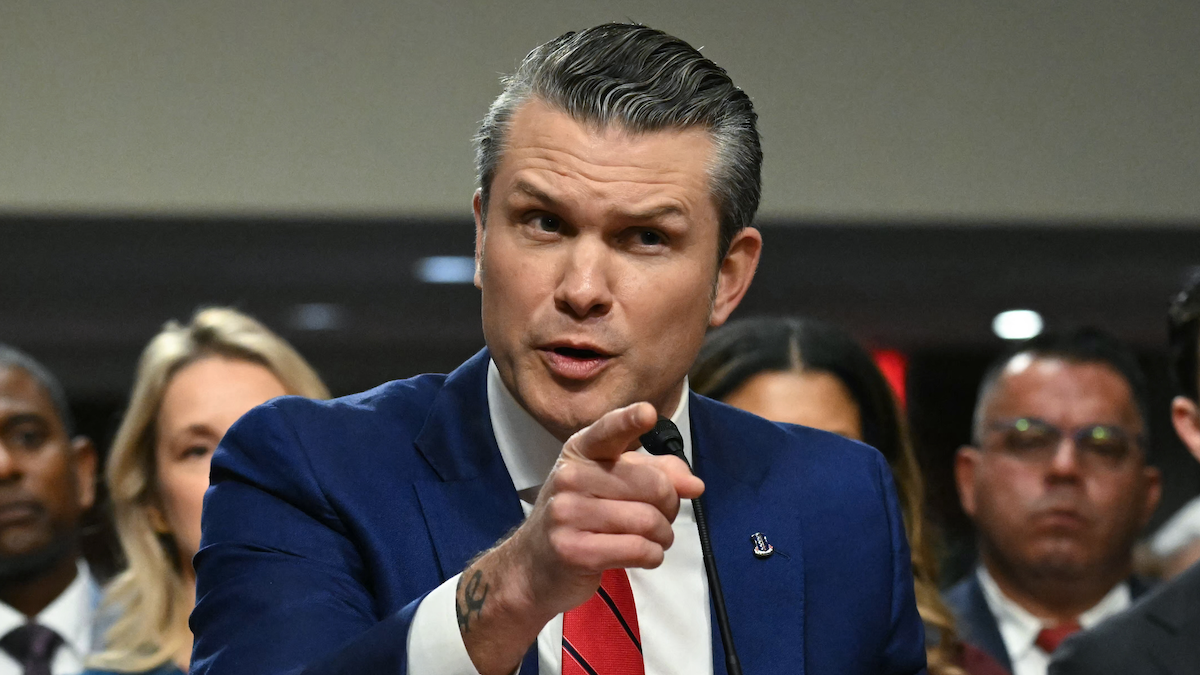Trump delayed tariffs on low-cost packages from China
President Trump signed an executive order this week that temporarily prevents low-cost packages from China from being slapped with his new tariffs. The move delays the suspension of the de minimis provision, which is a part of tariff policy that allow for items worth $800 or less to avoid import fees. Trump said in his...

President Trump signed an executive order this week that temporarily prevents low-cost packages from China from being slapped with his new tariffs.
The move delays the suspension of the de minimis provision, which is a part of tariff policy that allow for items worth $800 or less to avoid import fees. Trump said in his Feb. 1 order that imposed 10 percent tariffs on China that “duty-free de minimis treatment … shall not be available.”
The order he signed Wednesday amended the original order regarding China to allow for de minimis treatment to be available until the Commerce Department can put in place systems to “expediently process and collect tariff revenue” on the lost-cost items.
The de minimis provision reportedly has been used as a loophole to get fentanyl and other chemicals shipped and the focus of Trump’s tariffs on China has been to address the synthetic opioid supply chain. Trump’s order this week isn’t expected to be a long-term shift, a source familiar told The Hill, but is a temporary solution to deal with parcels from the China.
Trump earlier this month imposed the 10 percent tariff on Chinese goods, following through on a long-standing pledge to target the country as well as Canada and Mexico. He delayed the 25 percent tariffs on Canada and Mexico for a month after speaking with both nation’s leaders.
The U.S. Postal Service had that it would pause accepting parcels from China and Hong Kong “until further notice” following the tariffs. It then said in a Wednesday notice it will resume accepting those packages and that it was working “closely” with Customs and Border Protection to “implement an efficient collection mechanism for the new China tariffs to ensure the least disruption to package delivery.”
Beijing, meanwhile, hit the U.S. with retaliatory tariffs across the board, imposing a 15 percent tariff on liquefied natural gas and coal and a 10 percent tariff on crude oil, pickup trucks, agricultural machinery and large-displacement cars.















































































